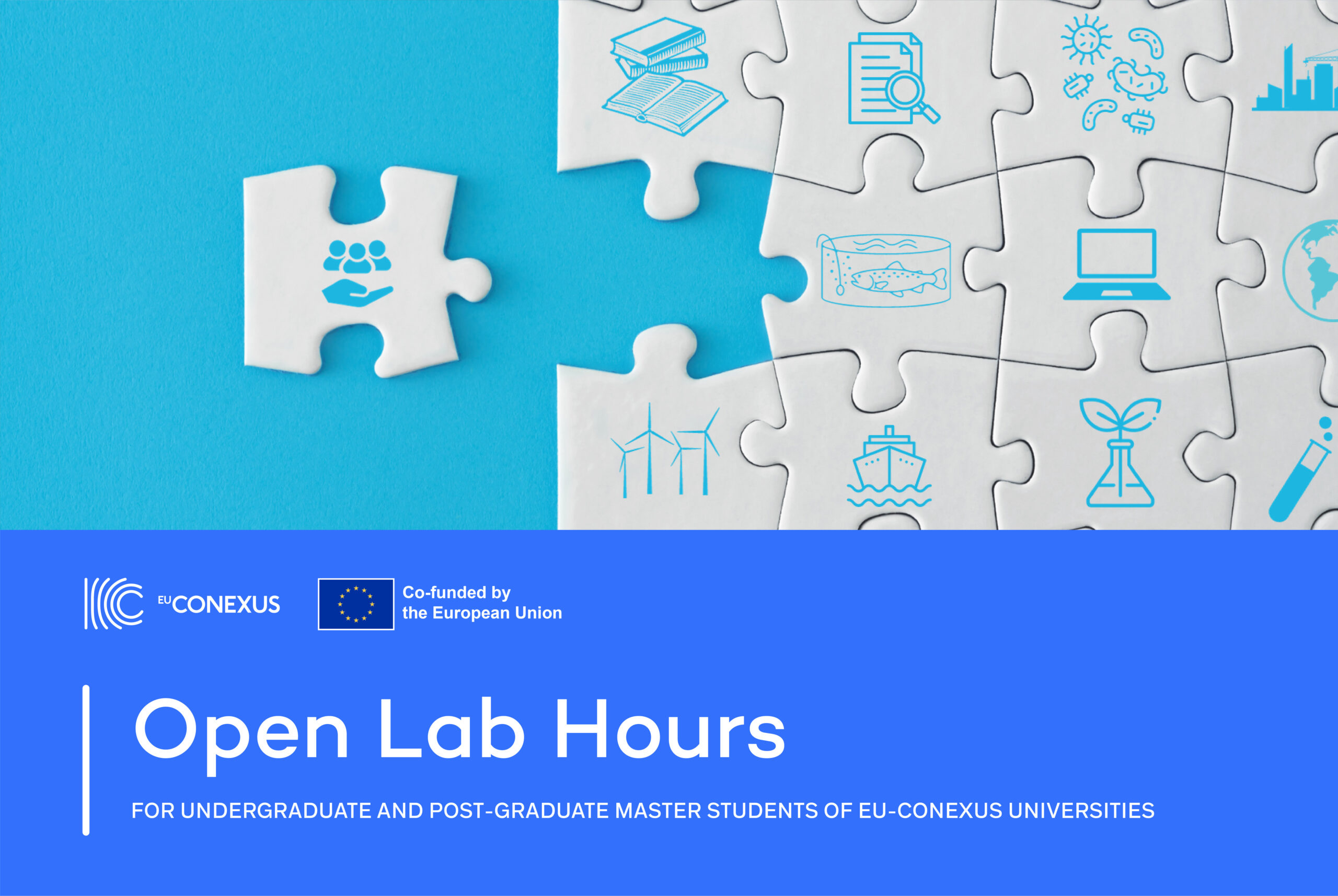Offerings Open to All Students
Student Ambassador Programme
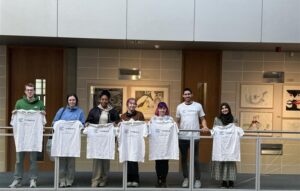 The EU-CONEXUS student ambassador programme is a student engagement initiative which aims to engage students from partner universities in promoting the values, activities, and opportunities offered by EU-CONEXUS.
The EU-CONEXUS student ambassador programme is a student engagement initiative which aims to engage students from partner universities in promoting the values, activities, and opportunities offered by EU-CONEXUS.
Here are some key features and objectives of the programme:
- The programme plays a crucial role in fostering a vibrant, engaged, and interconnected student community across Europe.
- By participating in this programme students not only contribute to the growth and visibility of EU-CONEXUS but also gain valuable experiences and skills that benefit their academic and professional futures.
Should you wish to participate in the EU-CONEXUS student ambassador programme please contact [email protected]
Explore
EU-CONEXUS Student Board
The EU-CONEXUS student board plays a crucial role in representing the interests of students within the alliance. Their responsibilities include improving the quality of student life, advocating for student rights and significantly contributing to the overall student experience. A student board member’s role is multifaceted, requiring effective communication, advocacy skills, and a genuine commitment to enhancing the student experience within the alliance. This collaborative approach ensures that the student voice is heard and actively contributes to developing and enhancing academic programs and student-related projects.
SETU has two student board members:

John Kennedy
Undergraduate student board member
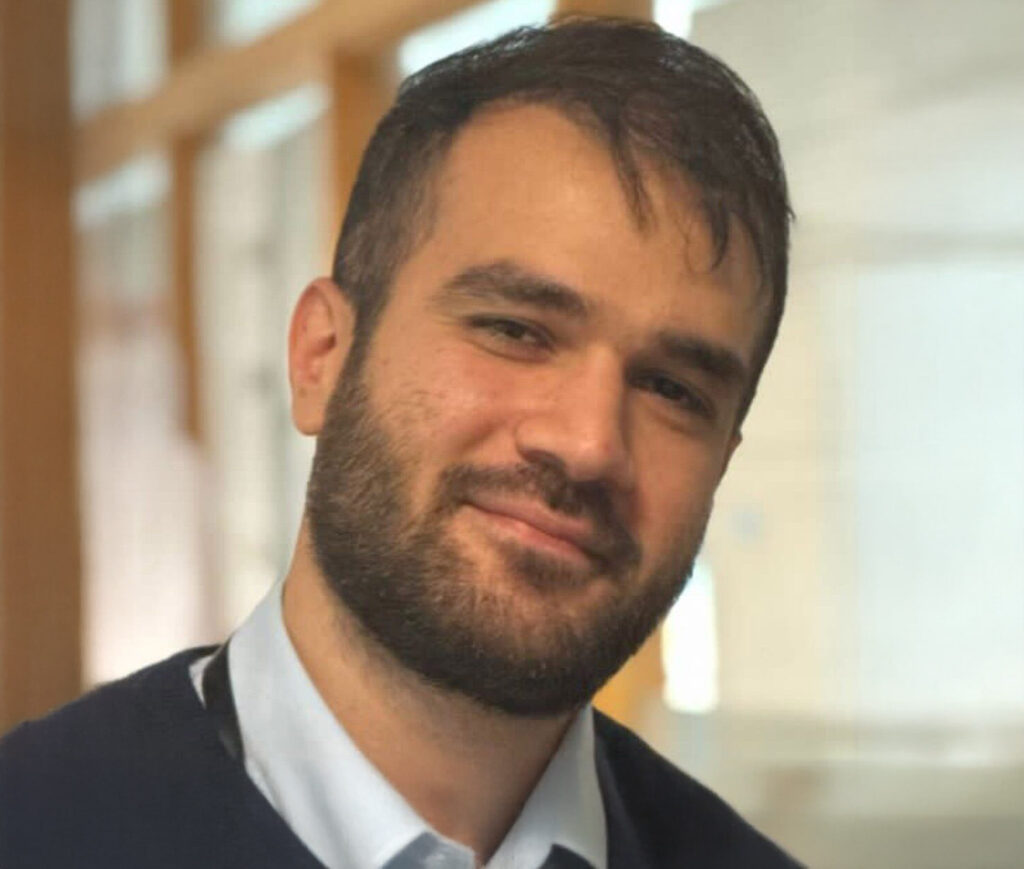
Ashkan Dehghan
Postgraduate student board member
Cultural opportunities
The EU-CONEXUS poetry contest invites students and staff to explore the theme “Sense of Place”. This unique competition encourages participants to express their emotional connection to meaningful locations —whether tied to personal experiences, cultural significance, or cherished memories.
Key details:
- Theme: Sense of Place – What places resonate emotionally with you, define your identity, or evoke personal and cultural histories?
- Eligibility: Open to all students and staff across the EU-CONEXUS alliance.
- Languages: Poems can be submitted in any of the nine EU-CONEXUS university languages, with an accompanying English translation.
- Prizes: The top three winners will receive €250 each, and their works will be featured across the EU-CONEXUS network.
We are now closed for submissions. Winning poems will be announced in due course.
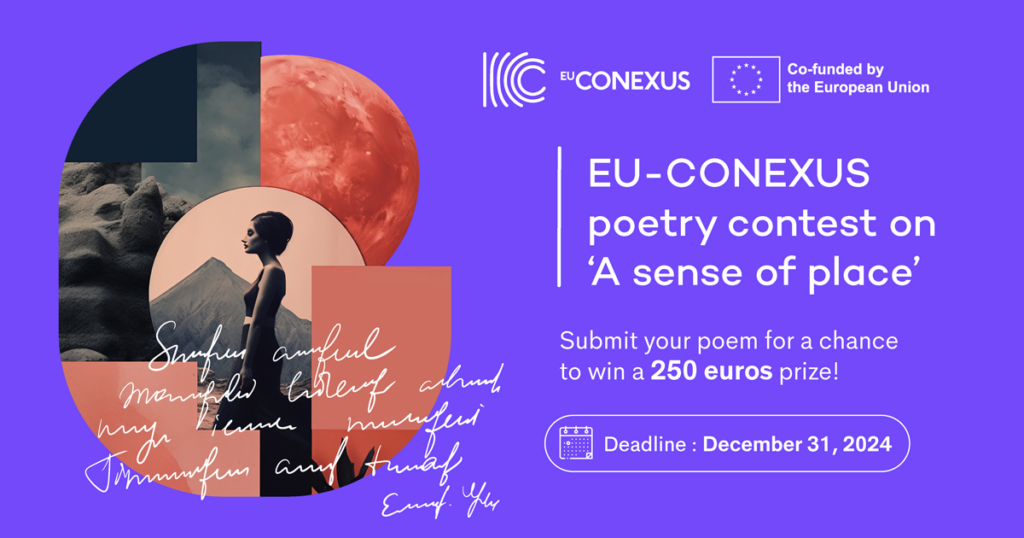
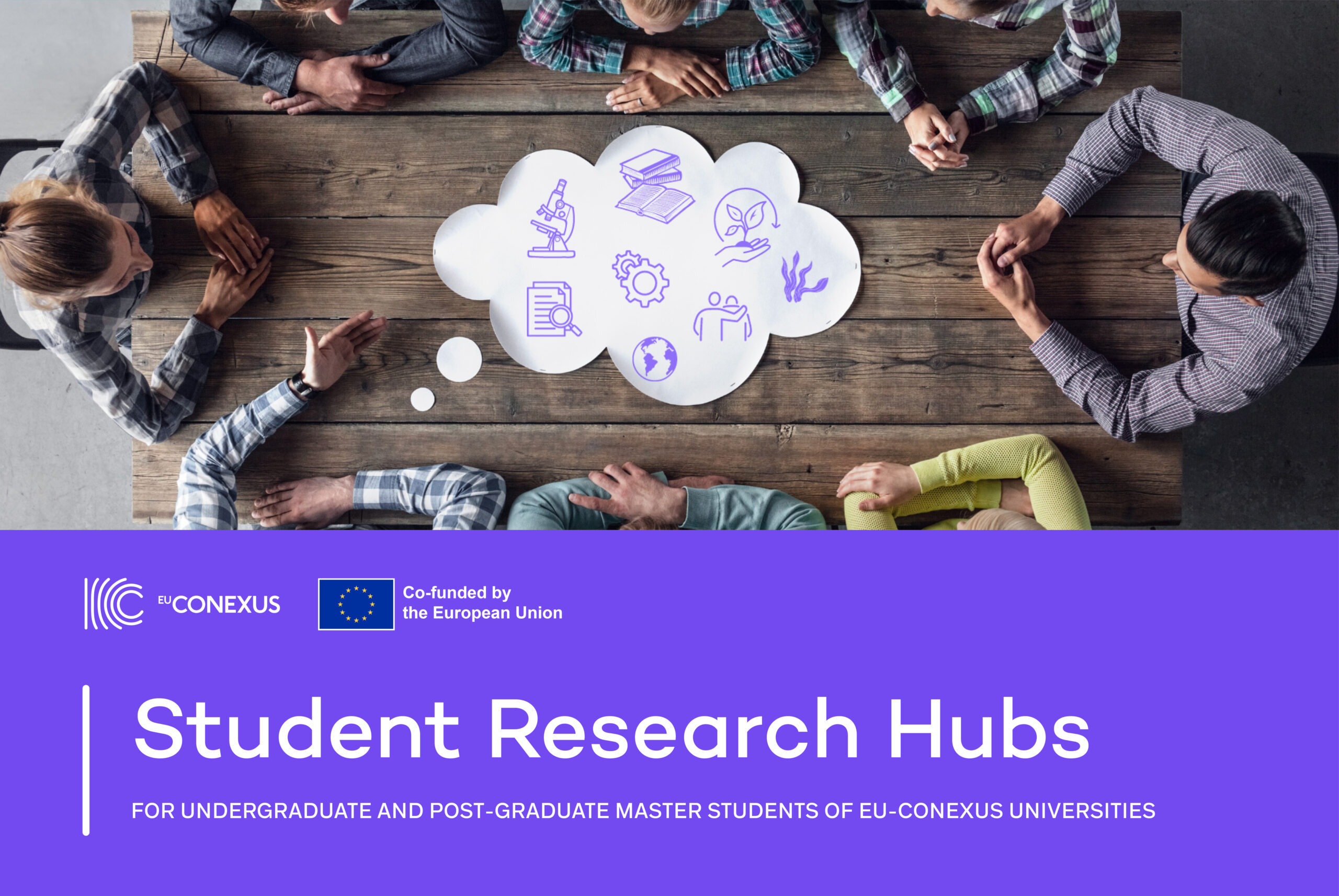
Student Research Hubs
In the Student Research Hub (SRH), two-month research projects are designed to foster collaboration between:
- Mentors (Academic and/or research staff Level R3 and R4)
- Leaders (PhD students and Researchers Level R1 and R2), and
- Undergraduate and post-graduate master students of EU-CONEXUS universities in the field of research.
SRH teams work together on specific research tasks in a dynamic setting (physical, remote, and/or blended). More specifically, if SRH is provided by the students‘ host university, on-site participation is expected, and in other cases attendance will be remote.
The primary focus of collaboration is to either contribute to ongoing research projects, or explore new research ideas. Overall, participants shall receive training in various aspects of research through a problem-solving procedure.
Open Lab Hours
Open Lab Hour (OLH) is a short training on research topics provided by an intra-alliance team of mentors. Taking place over a span of 5 days, it is designed for undergraduate and post-graduate master students of EU-CONEXUS universities with a keen interest in exploring research avenues related to Smart Urban Coastal Sustainability.
During OLH, students have a unique opportunity to acquire essential competencies from different partners within the alliance. It takes place in a hybrid format, combining simultaneously:
- On-site training sessions provided by the home University focus on advanced instrumentation and collection of specimens or data required for each scientific field;
- Remote training sessions feature literature search, implementation of advanced and specialised software, surveys, research methods, conduct and ethics, environmental issues and scientific writing skills.
